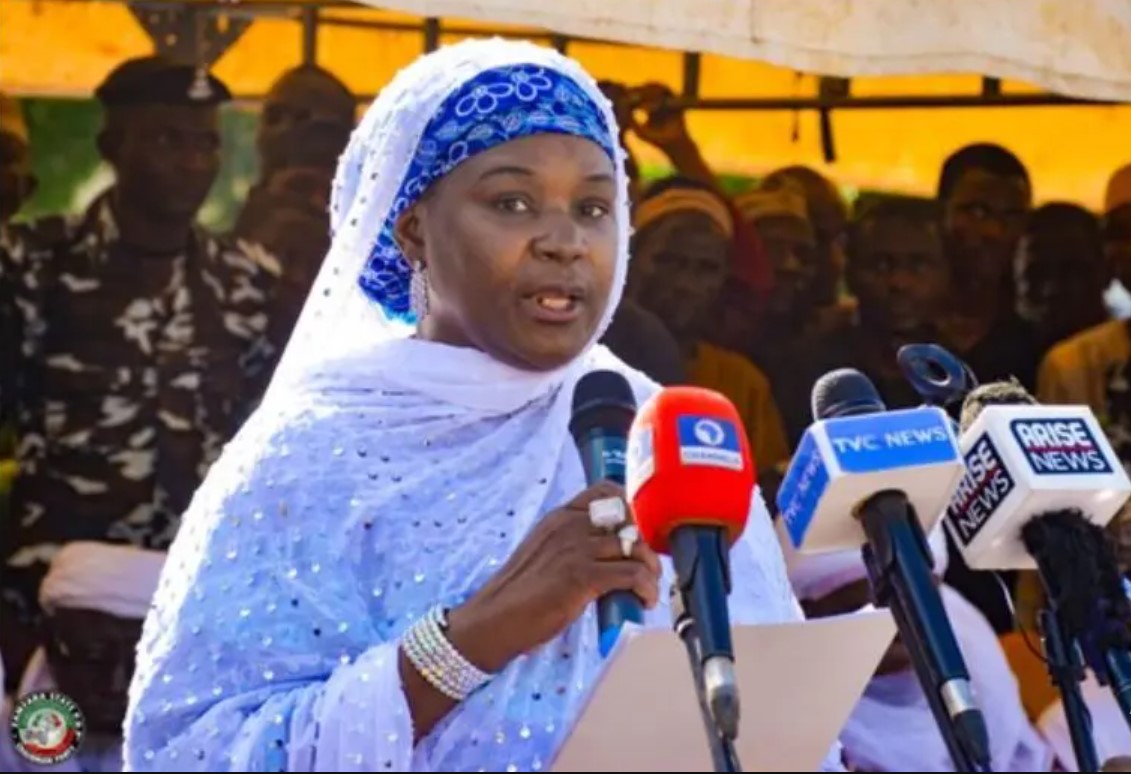
Airtel Restates Commitment to Sustainability Agenda, Education in Nigeria
- Education
- No Comment
- 225

Airtel Nigeria, yesterday, reaffirmed commitment to fostering its sustainability agenda and long-term growth that will improve educational access in Nigeria.
Head of Public Relations at Airtel Nigeria, Sam Adeoye, who reaffirmed the commitment on behalf of Airtel’s Chief Executive Officer, highlighted the telecommunications company’s efforts in driving positive environmental and societal change, emphasising the pivotal role that the media support has played in these initiatives.
According to him, Airtel’s sustainability agenda is built on key pillars, including energy transition, carbon footprint reduction, and enhancing CSR initiatives. These efforts aligned with the global Sustainable Development Goals (SDGs), Adeoye said.
He acknowledged the unique challenges Africa faced, particularly its reliance on oil and gas.
“Despite these hurdles, Airtel remains steadfast in its goal to drive progress that not only benefits the environment but also uplifts society,” Adeoye said.
According to him, one of Airtel’s most impactful projects is its ongoing partnership with UNICEF, aimed at improving educational access in public schools across Nigeria. Initially, the company supported 900 schools, a figure that has since grown to approximately 1,280, with plans to extend support to an additional 300 schools by the end of the financial year, he said.
The collaboration, facilitated through the Federal Ministry of Education, provided students and teachers with free access to learning platforms, including the Nigerian Learning Platform and Global Africa, without data charges, Adeoye said.
He said the initiative was a significant leap towards Airtel’s goal of reaching one million children across Africa within five years, with a particular focus on supporting two million children in Nigeria alone.
Speaking on the on the environmental front, Director of Marketing at Airtel, Ismail Adeshina, stated that Airtel had been tackling its heavy reliance on diesel-powered generators, which currently consumed about 22 million litres of diesel monthly across 15,000 sites in Nigeria. This translates to billions of Naira in costs and a significant carbon footprint.
To counter that, the company said it was transitioning its sites to grid power and incorporating solar energy solutions. It said this shift not only reduced operational costs but also helped lower harmful emissions, marking a key step in Airtel’s broader sustainability efforts.
Adeshina emphasised that sustainability was not just a series of projects, but part of the company’s culture. He said the company was committed to making sustainability a way of life for its employees and the communities it served.
Through its combined focus on education, environmental responsibility, and technological advancement, Airtel had continued to set a high standard for corporate sustainability in Nigeria and beyond, Adesina said.
He stated, in line with the company’s commitment to sustainability, “We are pushing towards more environmentally friendly operations, changing our sites to solar-based energy systems.”
Adeshina said in a bold step towards revolutionising telecommunications in Nigeria, Airtel continued to push boundaries with the introduction of advanced technologies designed to improve customer experience, speed, and connectivity.
Airtel’s CTO, Harmanpreet Singh Dhillon, reaffirmed the company’s commitment to not only delivering state-of-the-art technology but also providing unmatched service quality for its customers.
Dhillon said, “We believe in the latest technology and the best customer experience. Our goal is to roll out first-of-its-kind innovations in Nigeria. We have made significant strides to enhance the latency experience and are leading in the implementation of cloud-native environments.”
By Emma Okonji and Agnes Ekebuike https://www.thisdaylive.com/index.php/2024/09/25/airtel-restates-commitment-to-sustainability-agenda-education-in-nigeria/#google_vignette





